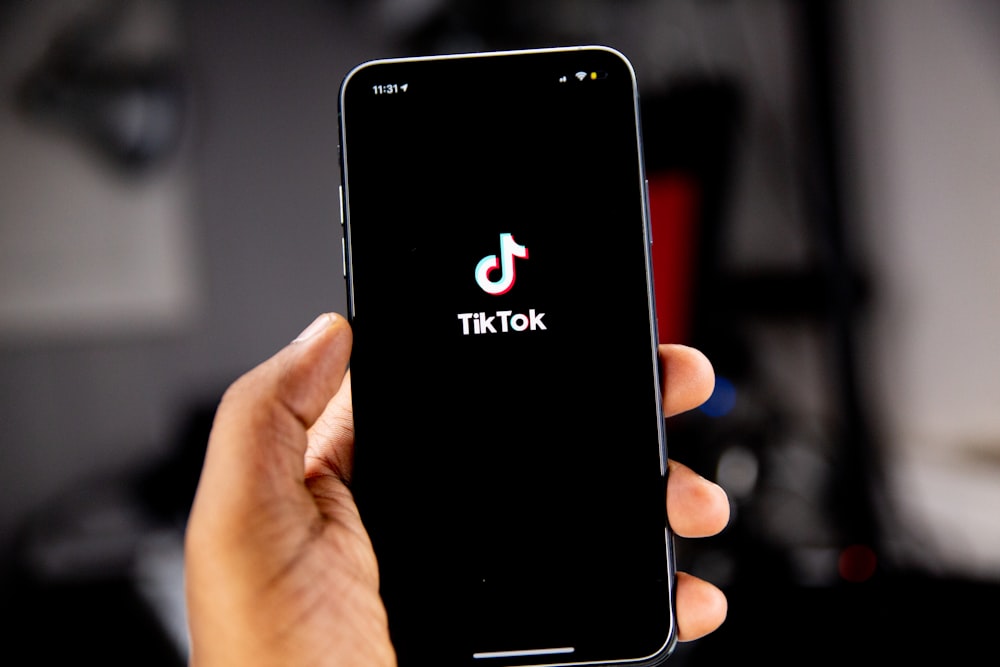This week, the CEO of under-fire video platform TikTok, Shou Zi Chew, appeared before the U.S. House to defend his company from calls for a nationwide ban. For about five hours, the CEO was "grilled," according to various news outlets.
But the grilling—where lawmakers accused Chew of not protecting U.S. user privacy, of being controlled by the Chinese government, and of serving harmful content to kids—might not have much effect. Lawmakers are still conflicted on whether banning TikTok will solve the bigger problem of social media and tech privacy violations. The Biden administration believes it can't act on any kind of ban without an act of Congress. And meanwhile, the popularity of TikTok continues; users aren't leaving the platform in any big numbers to protest any of these concerns.
Related: Are You Too Old For TikTok?
If Congress ends up doing nothing, or enacting toothless regulations that allow TikTok to continue operating with some guardrails to clean up its data practices and limit kid users, what does that say about the government's commitment to data privacy and security?
In the same week that Congress was facing off against TikTok, Utah passed one of the strictest set of laws to curtail social media companies to date. Anyone under 18 has to get parental permission to use social media services. The social media companies are forbidden from serving ads to users under 18, from collecting private data from them, or even allowing them to use the services under curfew hours of 10:30 p.m. to 6:30 a.m. How does Utah enforce that and will companies like Twitter—which are running on skeleton crews amid tons of layoffs—even be able to implement that? It remains to be seen.
Related: The 5 Most Annoying People You’ll Encounter on Twitter, Ranked
Other states and members of Congress are looking at Utah's news laws as a possible model. But it feels a little late, doesn't it? More than 90 percent of people under 18 use social media. Can you imagine teenagers actually abiding by those types of restrictions across Instagram, TikTok, and whatever other social-media platforms take off in the next few years?
The current TikTok security debate, Utah's new laws, and all the fretting about how addicted people have become to their socials all seem like hugely delayed reactions to things we've been warned about since social-media companies started taking off in the late 2000s. The horse left the barn a long time ago, and the U.S. is chasing that thing across field after field. It's unlikely that stallion is going to come back home easily or willingly.
More From LEVEL:
